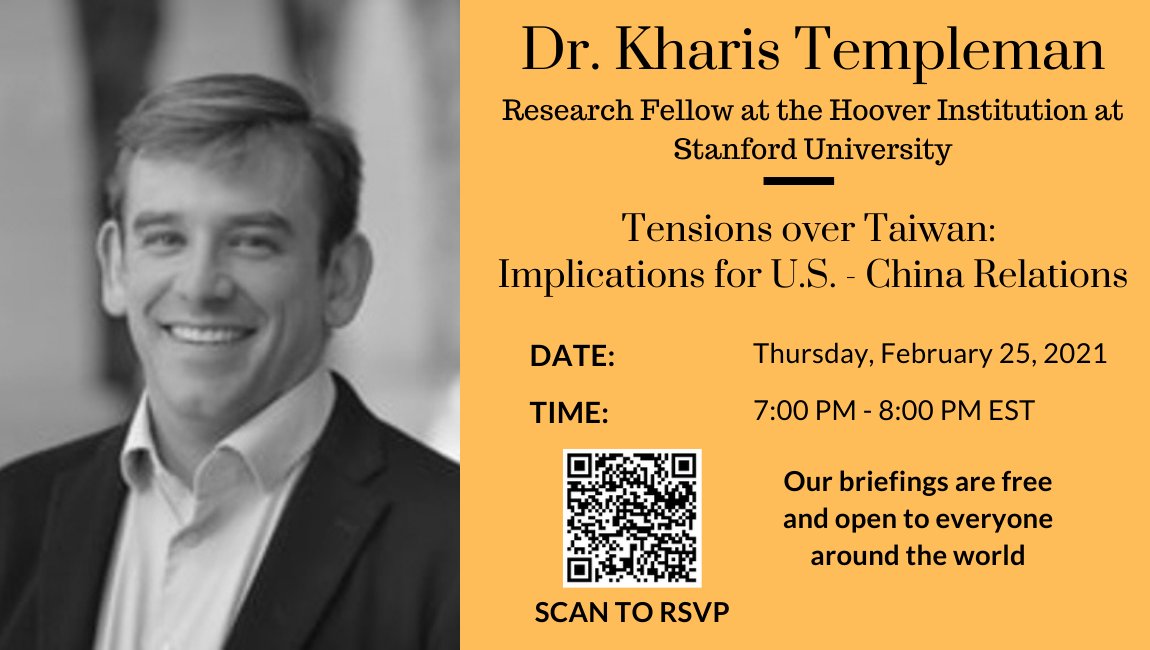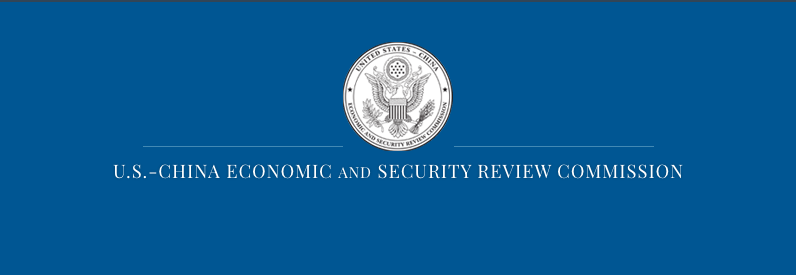
In my latest virtual appearance from my spare bedroom this month, I'm going to be speaking on Thursday, February 25 with the organizers of Network 20/20, a foreign policy forum based in New York City, about the latest developments in the US-China-Taiwan trilateral relationship. Come for the conversation about PLA aircraft buzzing Taiwan's ADIZ, stay for some meaty discussion about the politics of pork.
Talk abstract is below. RSVP link is here. Or you can do as the sign says and scan the QR code.
As President Biden took office and outlined his foreign policy agenda, China’s People’s Liberation Army Air Force continuously breached Taiwanese airspace with military planes. Tensions across the Formosa Strait continue to rise and with the crackdown on Hong Kong and China’s bolstered economy, experts are warning Taiwan is in a vulnerable geopolitical position. Recently re-elected President Tsai Ing-wen has increased military weapon sales from the U.S. and is defiantly standing up to China’s expanding ambitions. This briefing will discuss the future of Taiwanese sovereignty and how Taiwan can navigate its complex geopolitical position. Join us for an in-depth discussion on these important issues and more on Thursday, February 25th from 7:00 PM to 8:00 PM, when we are joined by Dr. Kharis Ali Templeman, research fellow at the Hoover Institution and part of the Project on Taiwan in the Indo-Pacific. As an expert on Taiwan politics and East-Asian Affairs, Dr. Templeman will outline China’s strategy, domestic affairs on the island of Taiwan, and its implication to U.S.-Taiwan and Sino-American relations.

 RSS Feed
RSS Feed
